Very interesting events took place after the death of Christ. The earth shook, the rocks split, the saints were raised, and the veil in the Temple in Jerusalem was torn.
„And behold, the veil of the temple was torn into two, from top to bottom, and the earth quaked, and the rocks were split, and the tombs were opened, and many bodies of the saints who had fallen asleep were raised; and coming out from the tombs after His resurrection (awakening), they entered into the holy city and appeared to many. And the centurion and those with him, guarding Yeshu, seeing the earthquake and the things that happened, were greatly terrified and said: 'Truly, this was the Son of God.'” — Matthew 27:51–54
Similar reports can be found in:
„And the veil of the sanctuary was torn in two from top to bottom.” — Mark 15:38
„The sun was darkened, and the veil of the temple was torn through the middle.” — Luke 23:45
What was the veil of the temple?
The veil separated the Holy Place from the Most Holy Place, where the Ark of the Covenant was. According to the Mosaic Law, only the high priest could enter there once a year—on the Day of Atonement—to offer a sacrifice for the sins of all the people (Lev. 16:2,34—Heb. 9:7).
What did the curtain mean?
a) The End of the Mosaic Law
The tearing of the curtain meant that the Old Covenant system had been fulfilled and ended. The sacrifice of Christ – one-time and perfect – replaced all bloody animal sacrifices. No human intervention by a priest was needed to approach God. The Mosaic Law had been replaced by the law of love.
„And it becomes even more evident if, in the likeness of Melchizedek, there arises another Priest, who has become one not according to a law of fleshly commandment, but according to the power of an indestructible life. For it is testified: You are a Priest forever according to the order of Melchizedek.
Thus the former commandment was set aside because of its weakness and uselessness. For the law made nothing perfect, but a better hope is introduced, through which we draw near to God. And it was not without an oath. For those men became priests without an oath, but He became one with an oath through the One who said to Him: The Lord has sworn and will not regret it, You are a Priest forever. By so much also Yeshu has become the guarantor of a better covenant.” — Hebrews 7:15–22
„Such a High Priest was indeed fitting for us — holy, innocent, undefiled, separated from sinners, and exalted above the heavens; who does not need, like the other high priests, to offer sacrifices daily, first for His own sins and then for the sins of the people; for this He did once for all when He offered up Himself.” — Hebrews 7:26–27
„Owe no one anything, except to love one another; for he who loves his neighbor has fulfilled the law. For the commandments: You shall not commit adultery, You shall not kill, You shall not steal, You shall not covet — and any other commandment — are summed up in this saying: You shall love your neighbor as yourself. Love does no harm to a neighbor; therefore love is the fulfillment of the law.” — Romans 13:8–10
b) – Entering the Temple of God
The following thoughts in the verses from Hebrews are very deep and have many threads. They are a spiritual “passage” from the Old Covenant to the New. They show that through the death and blood of Christ, we have direct and bold access to God – not through the veil, but through His body, which was “torn” for us.
Now we have a new way, we have an entrance into the temple of God.
„Therefore, brothers, having confidence that through the blood of Yeshu we have entrance into the sanctuary by a new and living way, which He opened for us through the veil — that is, through His flesh — and having a great Priest over the house of God, let us draw near with a sincere heart, in full assurance of faith, having our hearts sprinkled clean from an evil conscience and our bodies washed with pure water; let us hold fast the confession of our hope without wavering, for He who promised is faithful; and let us consider one another to stir up love and good works,
not forsaking the assembling of ourselves together, as is the habit of some, but encouraging one another, and all the more as you see the Day approaching. For if we sin willfully after receiving the knowledge of the truth, there no longer remains a sacrifice for sins, but a fearful expectation of judgment and a fury of fire that will consume the adversaries. Anyone who violates the law of Moses dies without mercy on the testimony of two or three witnesses; how much worse punishment do you think will be deserved by the one who has trampled underfoot the Son of God, and has profaned the blood of the covenant by which he was sanctified, and has insulted the Spirit of grace!” — Hebrews 10:19–29
What does Christ’s death mean for us today?
• We do not need earthly mediators – Christ is the only Mediator (1 Tim. 2:5).
• We are called to live in holiness because God dwells not in a temple of stone, but in us – we are the temple of the Holy Spirit (1 Cor. 6:19).
The rending of the temple veil is not just a sign accompanying the death of Christ. God opened a new way through the sacrifice of Christ. The old barrier has been removed – every person, regardless of background, can now come to God by faith and achieve the salvation that is available only in the true Name of Christ.
The rending of the veil was accompanied by:
• an eclipse of the sun (Luke 23:45),
• an earthquake and the splitting of rocks (Matthew 27:51),
• the resurrection of the saints (Matthew 27:52-53).
All of these signs indicated that the death of Christ was not a simple execution, but a work of redemption for humanity.
Powerful prophecies told on the cross
„And when the sixth hour (twelve noon) had come, darkness came over the whole land until the ninth hour (three in the afternoon).
And at the ninth hour (three in the afternoon) Yeshu cried out with a loud voice: Eloi, Eloi, lama sabachthani? — which is translated: My God, My God, why have You forsaken Me? And some of those standing nearby, when they heard it, said, 'Behold, He is calling Elija(Elijah).’
Then one ran, filled a sponge with sour wine, put it on a reed, and gave Him to drink, saying, 'Wait, let us see if Elija(Elijah) comes to take Him down.’
But Yeshu, letting out a loud cry, breathed His last. And the veil of the temple was torn in two from top to bottom. Now the centurion, who was standing opposite Him, seeing that He thus breathed His last, said, 'Truly, this Man was the Son of God.'” — Mark 15:33–39 (Jeszu.org)
Christ dies and utters the words: „Eloi, Eloi, lama sabachtani? Which means: My God, My God, why have You forsaken Me?” One might get the impression that the Lord Yeshu is shouting out a grievance to God the Father, and even an accusation that he has abandoned Him.
How is it possible that the Son of God, the second most important Figure in the universe, does not understand His mission?
In fact, behind these words lies the secret of a great message to the whole world, to all nations, generations. This message was written in the Psalm:
„…A Psalm of David. My God, My God, why have You forsaken Me? Far from My deliverance/Deliverant are the words of my groaning.”
— Psalm 22:1
Psalm 22 is attributed to David – and contains the confessions of a man persecuted, abandoned, mocked, but trusting in God. Such situations occurred in David’s life – he was pursued, betrayed, abandoned, sometimes it seemed even by God. However… some descriptions do not concern David but Christ:
“…They have pierced my hands and my feet” – Psalm 22:16.
“They divide my garments among them, and for my clothing they cast lots” – Psalm 22:19 – literally fulfilled in Christ (Mt 27:35).
Here we have an important message from Christ, who dies on the cross. By saying the words: „My God, My God, why have You forsaken Me?” He is transmitting to the whole world the prophecies recorded in the Revelation of John. It is Christ who is the rightful Ruler and King of the nations:
„The poor will eat and be satisfied; those who seek YHWH will praise Him. Let your hearts live forever! All the ends of the earth will remember and turn to YHWH, and all the families of the nations will bow down before Him. For the kingdom is YHWH’s, and He rules over the nations. All those who sleep in the earth will bow down before Him; all who go down to the dust will kneel before Him, and my soul will live for Him. Posterity will serve Him; it will be told of YWHW to the coming generation. They will proclaim His righteousness to a people yet unborn, that He has done it.” — Psalm 22:26-31
Who is YHWH?
https://jesu.pl/yhwh-yah-who-are-they/
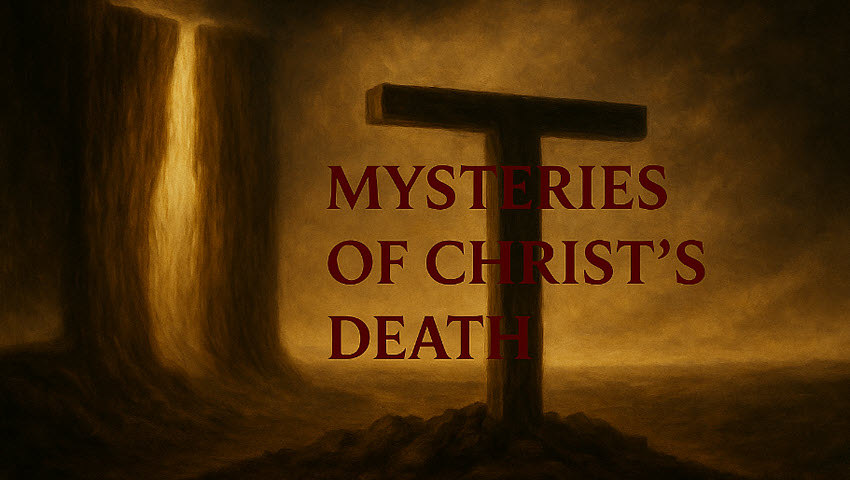


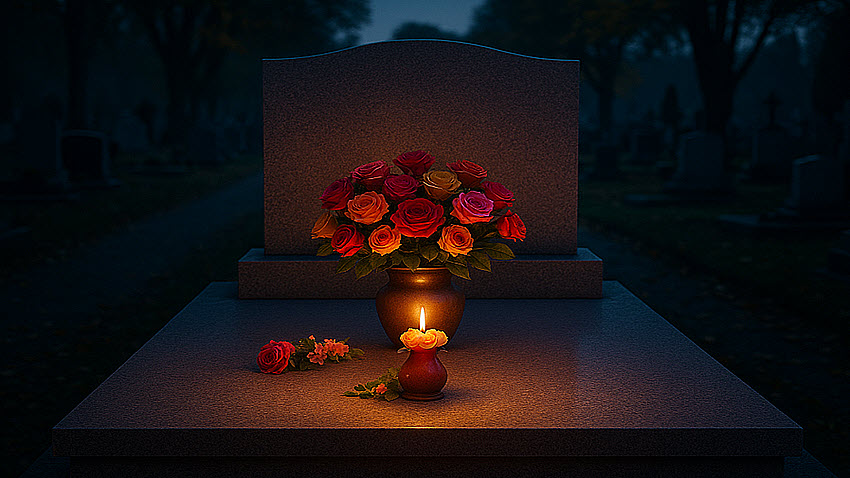

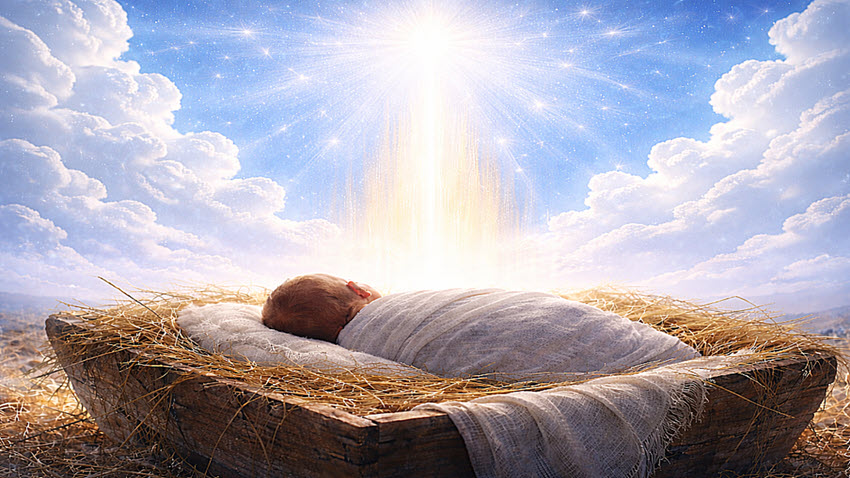
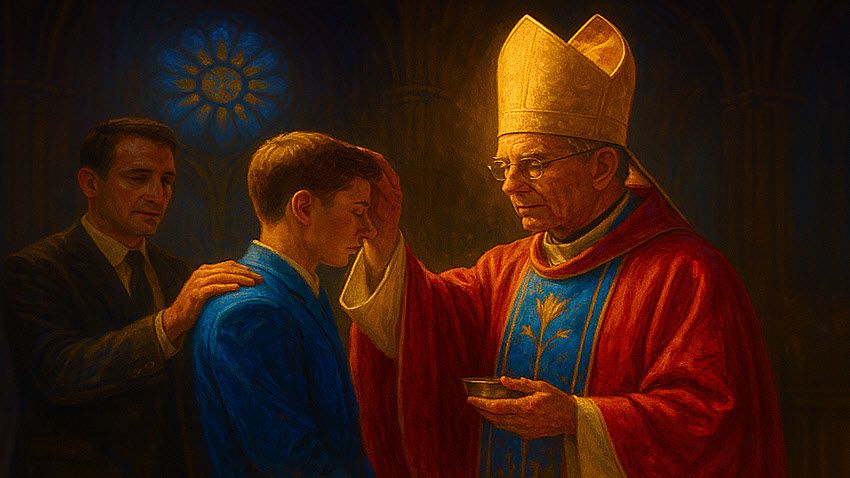


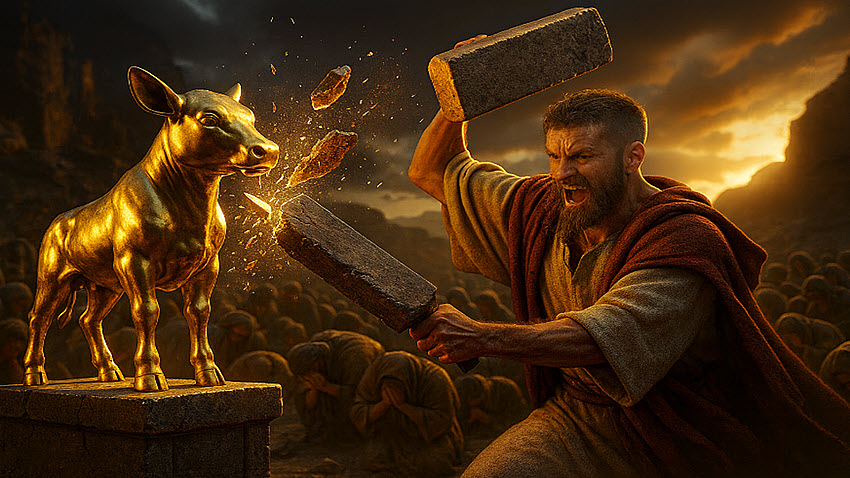

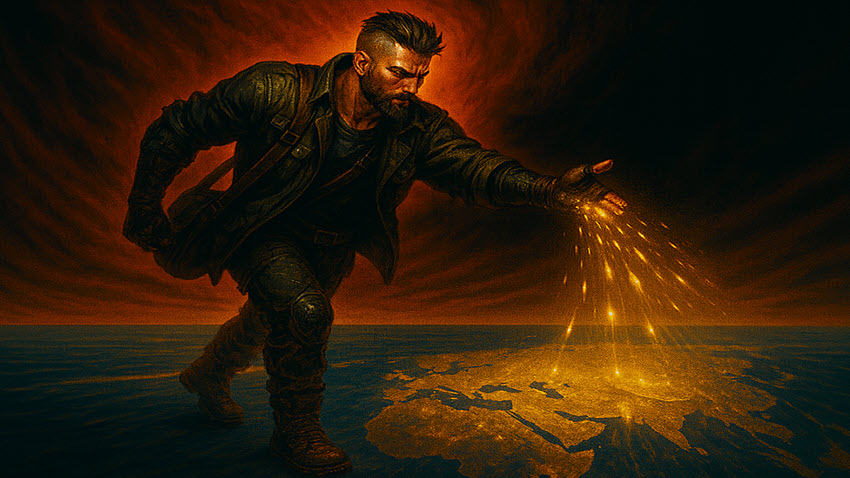
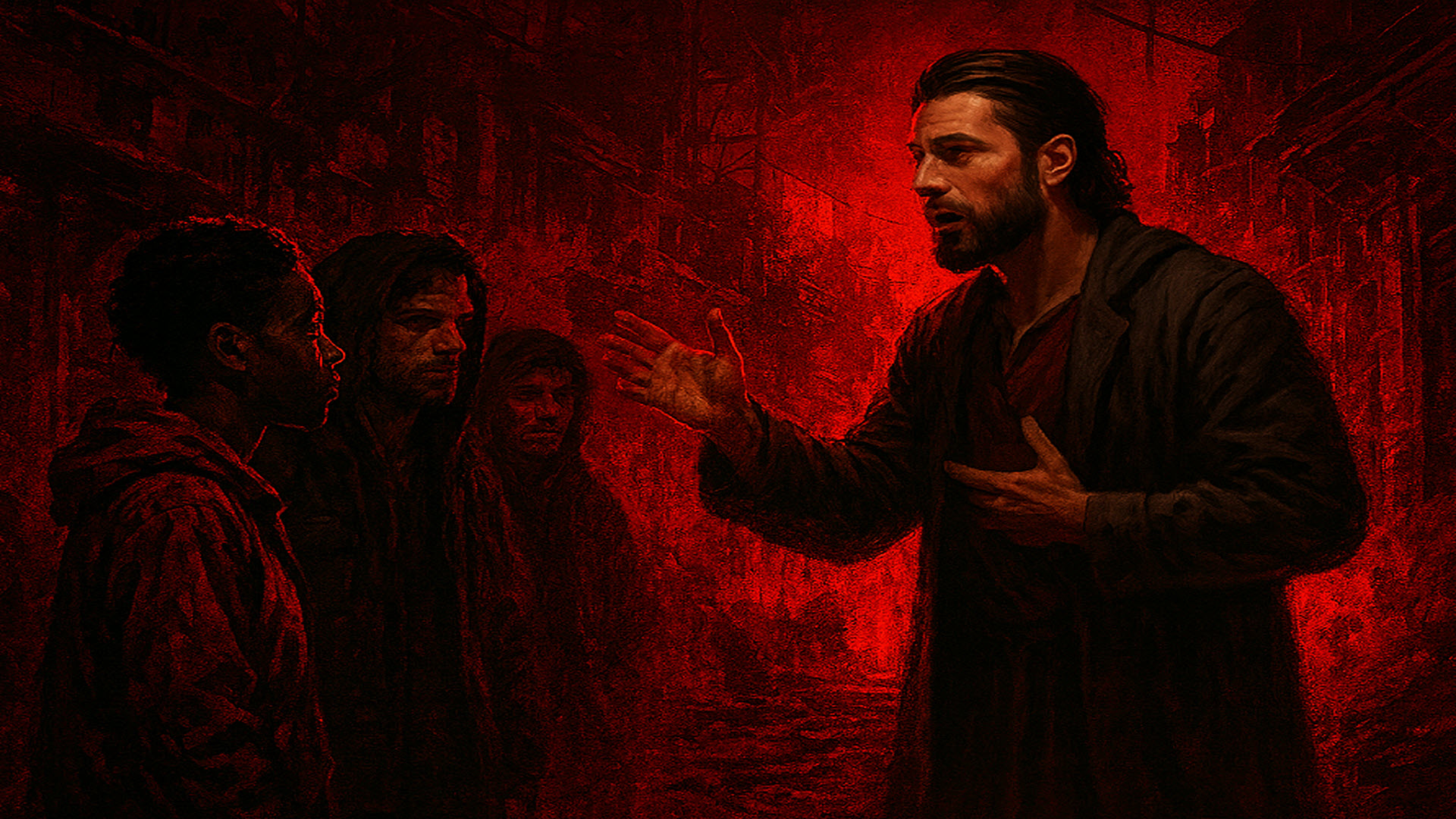
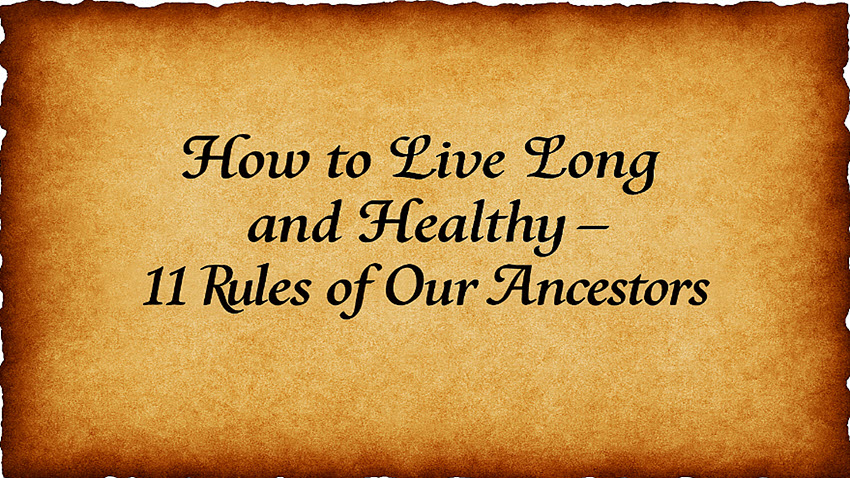
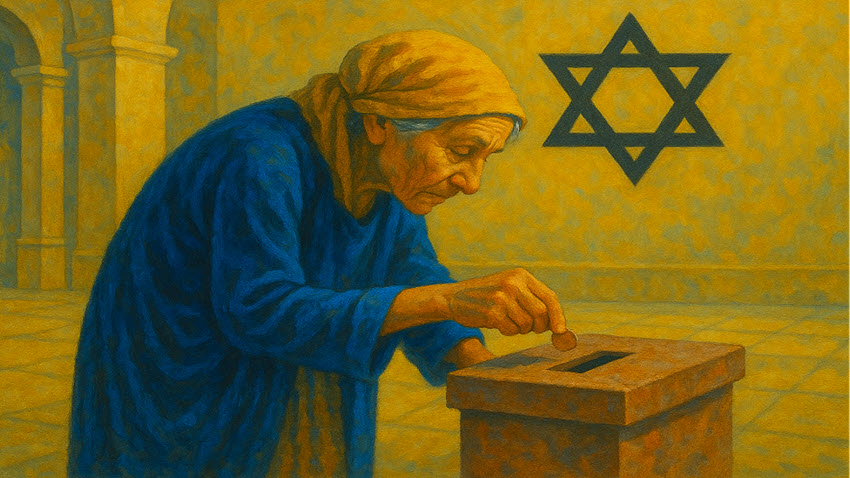

Zapraszam do komentowania, wyrażania swojej opinii: